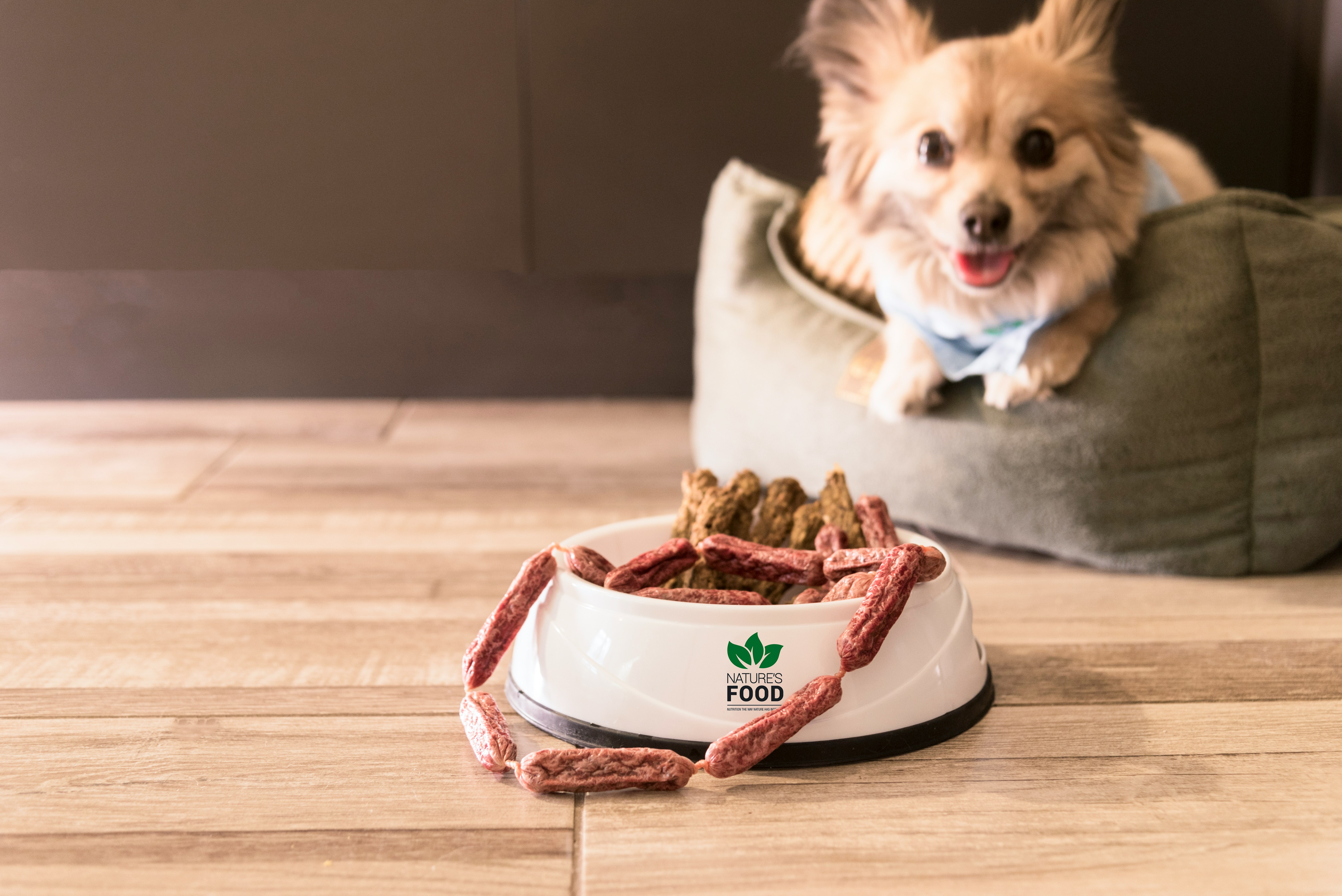Essential Guide to Raising German Shepherd Puppies
German Shepherd puppies require attention and commitment to thrive. This helps you understand how to care for your pup, including essential training, nutrition, and exercise routines. Build a strong bond with your new puppy for a lasting relationship.

What are the daily routines of German Shepherd puppies?
Establishing a consistent daily routine is vital for German Shepherd puppies. Start with a morning walk or playtime to burn off energy, followed by breakfast. Throughout the day, schedule regular potty breaks, typically every 2-3 hours for young puppies. Include short training sessions, nap times, and interactive play. Evening routines should involve another walk, dinner, and calm activities before bedtime. Consistency in feeding, exercise, and sleep patterns helps your puppy feel secure and aids in behavioral development.
How can I prepare my home for a German Shepherd puppy?
Preparing your home for a German Shepherd puppy involves several key steps. First, puppy-proof your living space by removing potential hazards like toxic plants, loose wires, and small objects that could be swallowed. Set up a designated area with a comfortable bed, water bowl, and safe toys. Install baby gates to restrict access to certain areas if needed. Create a quiet space for your puppy’s crate, which will serve as their den. Ensure you have appropriate-sized food and water bowls, a collar and leash, and puppy-specific food ready before bringing your new family member home.
What are the key activities to keep your puppy engaged?
Keeping a German Shepherd puppy engaged is crucial for their physical and mental well-being. Incorporate a variety of activities into their routine:
- Interactive toys: Puzzle feeders and chew toys stimulate their mind and satisfy their natural chewing instincts.
- Obedience training: Short, frequent sessions help build a strong foundation for good behavior.
- Socialization: Expose your puppy to various people, animals, and environments to build confidence.
- Fetch and tug-of-war: These games provide physical exercise and bonding opportunities.
- Scent work: Hide treats or toys to engage their keen sense of smell.
- Agility exercises: Set up simple obstacle courses to challenge their physical abilities.
What nutrition and feeding practices are best for German Shepherd puppies?
Proper nutrition is essential for the healthy growth of German Shepherd puppies. Choose a high-quality puppy food formulated for large breeds, which contains the right balance of proteins, fats, and minerals for their rapid growth phase. Feed your puppy three to four times a day until they’re about six months old, then transition to two meals a day. Monitor portion sizes to maintain a healthy weight, as overfeeding can lead to rapid growth and potential joint issues. Always provide fresh water and avoid giving human food or excessive treats, which can disrupt their balanced diet.
How important is early socialization and training for German Shepherd puppies?
Early socialization and training are critical for raising a well-adjusted German Shepherd. Begin socializing your puppy as soon as possible, exposing them to various people, animals, and environments in a positive manner. This helps prevent fear and aggression issues later in life. Start basic obedience training early, using positive reinforcement techniques. German Shepherds are intelligent and eager to please, making them quick learners. Focus on commands like sit, stay, come, and leash walking. Consistency and patience are key in these early stages of training.
What health considerations should I be aware of for German Shepherd puppies?
German Shepherd puppies are generally healthy, but they can be prone to certain health issues. Regular veterinary check-ups are essential to monitor their growth and address any concerns early. Common health considerations include:
- Hip and elbow dysplasia: Regular exercise and maintaining a healthy weight can help reduce the risk.
- Bloat: Feed smaller, more frequent meals and avoid exercise immediately after eating.
- Allergies: Watch for signs of skin irritation or digestive issues.
- Eye problems: Regular check-ups can catch issues like progressive retinal atrophy early.
- Ear infections: Clean ears regularly and check for signs of irritation.
To ensure proper care, consider pet insurance to cover unexpected veterinary costs. Here’s a comparison of popular pet insurance providers for German Shepherds:
| Provider | Coverage | Monthly Premium (Estimate) | Deductible Options |
|---|---|---|---|
| Healthy Paws | Accident & Illness | $35 - $50 | $100 - $500 |
| Embrace | Accident & Illness + Wellness | $30 - $60 | $200 - $1000 |
| Trupanion | 90% Coverage for Eligible Expenses | $40 - $70 | $0 - $1000 |
| ASPCA Pet Health Insurance | Customizable Plans | $30 - $50 | $100 - $500 |
Prices, rates, or cost estimates mentioned in this article are based on the latest available information but may change over time. Independent research is advised before making financial decisions.
Raising a German Shepherd puppy requires commitment, patience, and understanding. By establishing consistent routines, providing proper nutrition and training, and addressing their physical and mental needs, you’ll set the foundation for a strong, lifelong bond with your loyal companion. Remember that each puppy is unique, so be prepared to adjust your approach as you learn about your new family member’s individual personality and needs.
The shared information of this article is up-to-date as of the publishing date. For more up-to-date information, please conduct your own research.




